Farm & Ranch
[AgriLife] Latent effects of blizzard a concern for cow-calf producers
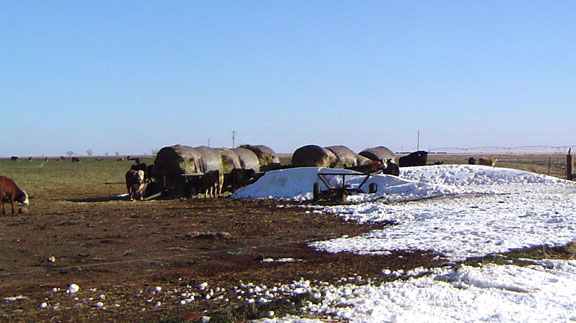
Writer: Kay Ledbetter, 806-677-5608, [email protected]
Contact: Dr. Ted McCollum, 806-677-5600, [email protected]
AMARILLO – As the snow melts away from Winter Storm Goliath and cattle are gathered back into pens and pastures, cow-calf producers should continue to watch their animals for lingering after-effects, according to a Texas A&M AgriLife Extension Service specialist.
Cattle health following Winter Storm Goliath will continue to be a concern for producers. (Texas A&M AgriLife Extension Service photo by Dr. Ted McCollum)
“There is some potential for latent effects of the sustained low windchill temperatures during the recent blizzard conditions,” said Dr. Ted McCollum, AgriLife Extension beef cattle specialist in Amarillo.
McCollum said the bitter cold may have frozen the ears and tails of cattle and other animals, so partial loss may occur over the next few weeks.
“This may present some concern to the owners, but it is not a threat to the long-term well being of the cattle,” he said.
Another area of concern is the wind and low temperatures could have resulted in frozen teats and sensitive udders, McCollum said. The udders of cows nursing calves may be sensitive, which could affect milk consumption by the calf for a few days.
If the teats were impaired by frostbite, then there may be some mastitis and/or partial loss of udder function, he said, advising those tending to the cattle to watch the calves and check the udders.
“Also, cows that will be calving later this year could have been affected, but the effects may not be apparent until calving time and lactation,” McCollum said. “Again, observe the calves and the udders after calving.”
He said the extreme temperatures and frozen surfaces also could have impaired the prepuce and penis of the bulls as well as the scrotum and testicular function. It is recommended that bulls undergo a full breeding-soundness examination well in advance of the time they are expected to service cows.
Bulls that are with fall-calving cows now should be checked immediately, McCollum said. The breeding soundness exam will not only check for damage to the organs but also evaluate semen production and quality.
Fall-calving cows that are currently with bulls may have delayed pregnancy, he said. The extreme cold may have caused the cows to go into anestrus. Estrus activity will return to normal in a week to two weeks, barring any other insults.
“It is the producer’s decision, but extending the breeding season a couple of weeks might be a consideration,” McCollum said.
He advised that cow body condition continually be monitored.
“The extreme cold during the blizzard and the lack of significant warm-up since was a tax on body energy reserves,” McCollum said. “It may be necessary to increase supplemental feed for the remainder of the pregnancy period to offset the loss in body condition. And, winter is not over yet.”
-30-
Farm & Ranch
Managing Show Cattle Through The Winter

By Heather Welper
Husband and wife duo, Heather and Calvin Welper, are the Co-Owners and Operators or Two C Livestock, located in Valley View, Texas.
The pair’s operation has a show cattle focus where they raise and sell purebred heifers of all breeds and club calf Hereford steers.
When it comes to show cattle, the Welpers know a thing or two including how to prepare for the cold winter months and the Texas major show season run.
To read more, pick up a copy of the November edition of North Texas Farm & Ranch magazine, available digitally and in print. To subscribe by mail, call 940-872-5922.
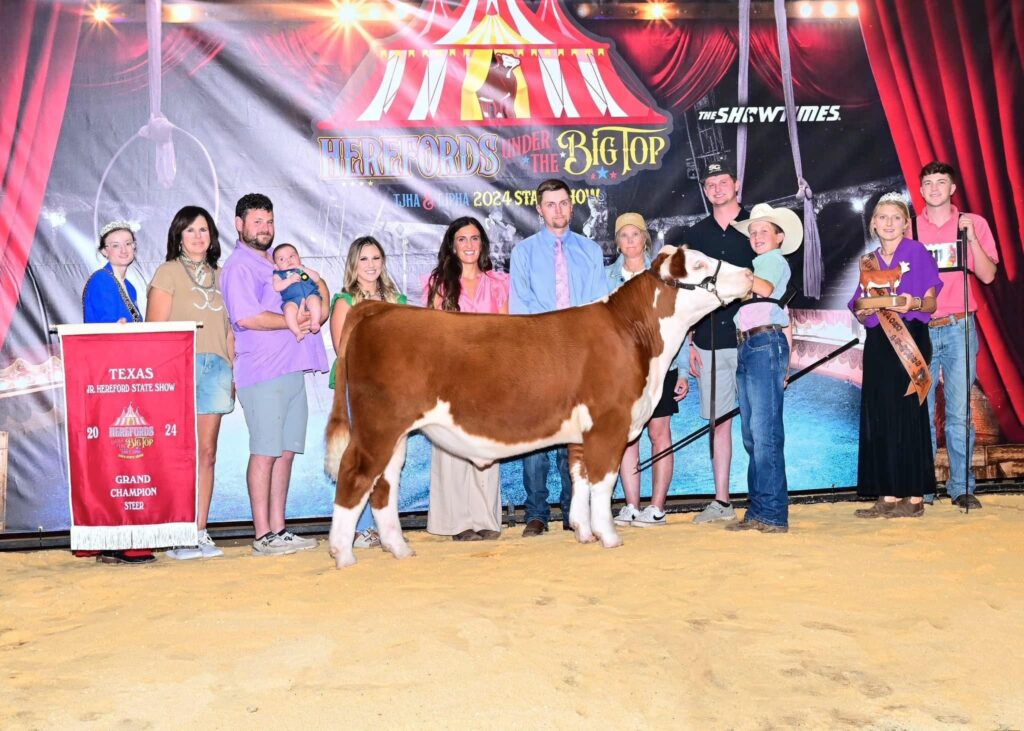
Farm & Ranch
Double M Ranch & Rescue

By Hannah Claxton, Editor
As the sun rises each day, so do the dozens of mouths that Meghan McGovern is responsible for getting fed. Rather than the sounds of a rooster crowing, McGovern hears the bellows and bleats of a variety of exotic deer, the chortle of kangaroos, the grunts of water buffaloes, and the chirps of a lemur.
Nestled against the banks of the Red River, the Double M Ranch and Rescue, with its high game fences and deer sprinkling the landscape,s its in stark contrast to the surrounding ranches.
“Having deer is kind of like eating potato chips- you can never actually have just one,” said McGovern with a laugh.
McGovern has several herds to take care of- fallow deer, axis deer, water buffalo, goats, and bison. In smaller numbers, there’s also a few kangaroos, a lemur, a potbelly pig, a pair of zebras, a watusi, and a few horses.
To read more, pick up a copy of the November edition of North Texas Farm & Ranch magazine, available digitally and in print. To subscribe by mail, call 940-872-5922.
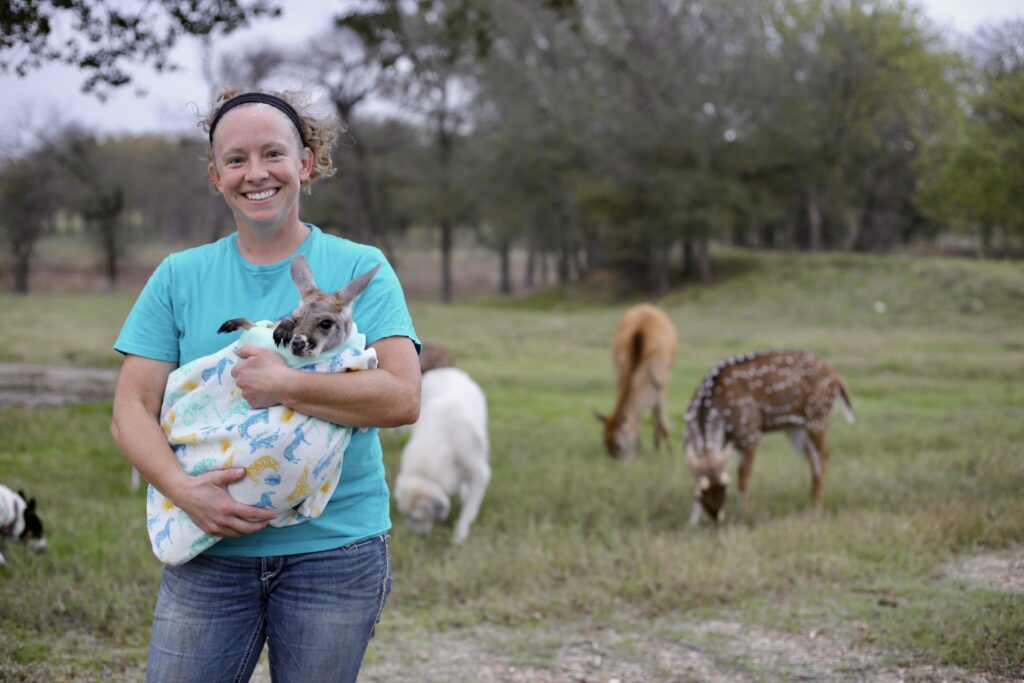
Farm & Ranch
Acorn Toxicity
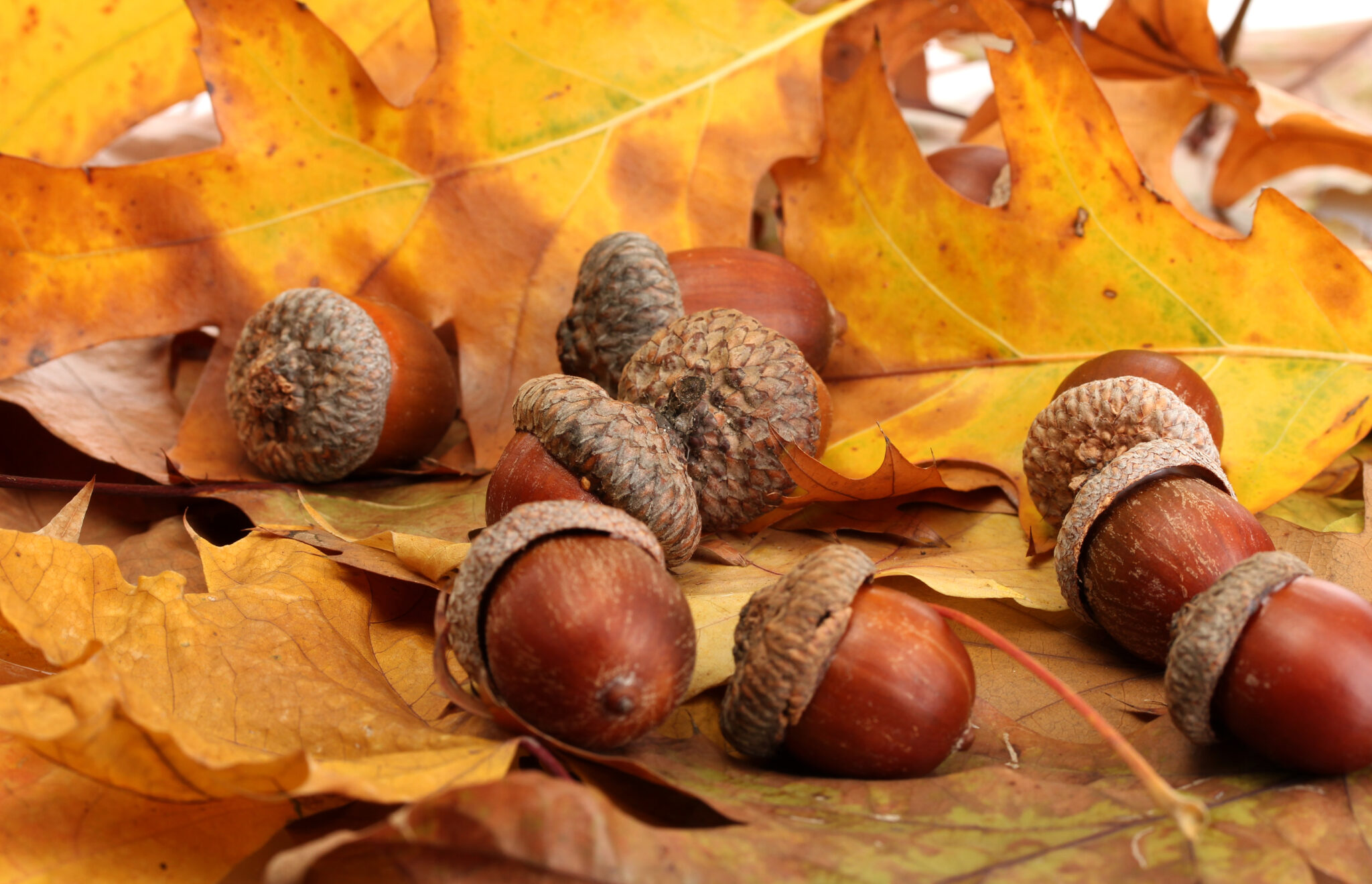
By Barry Whitworth, DVM, MPH
With the prolonged drought, most pastures in Oklahoma end up in poor condition. With the lack of available forage, animals may go in search of alternative foods.
If oak trees are in the pastures, acorns may be a favorite meal for some livestock in the fall. This may result in oak poisoning.
Oak leaves, twigs, buds, and acorns may be toxic to some animals when consumed.
To read more, pick up a copy of the November edition of North Texas Farm & Ranch magazine, available digitally and in print. To subscribe by mail, call 940-872-5922.
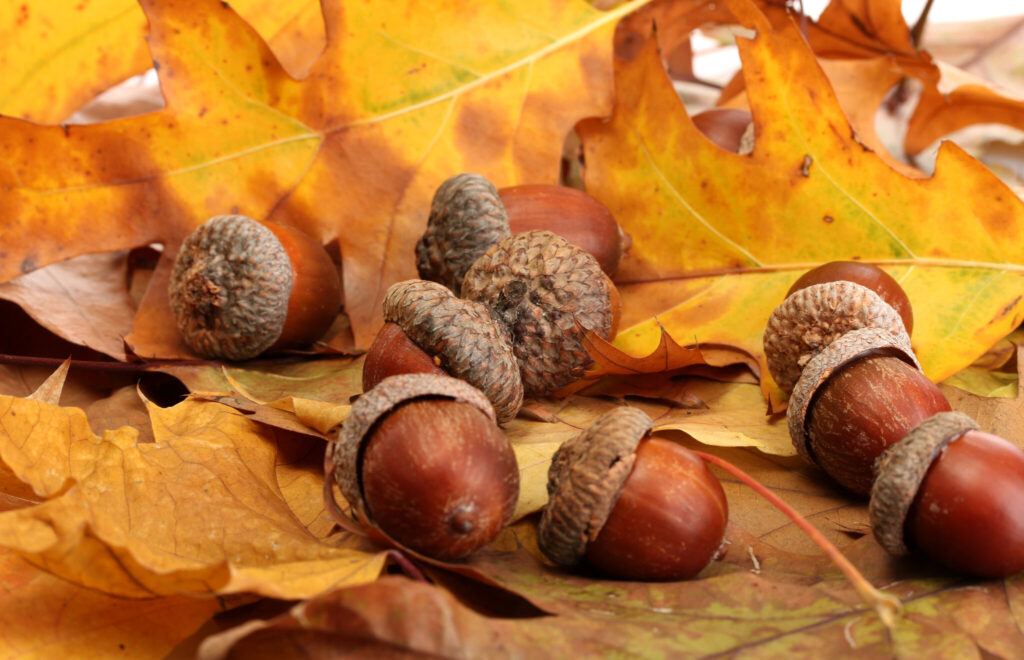
-

 Country Lifestyles2 years ago
Country Lifestyles2 years agoScott & Stacey Schumacher: A Growth Mindset
-

 Country Lifestyles8 years ago
Country Lifestyles8 years agoStyle Your Profile – What your style cowboy hat says about you and new trends in 2017
-

 HOME8 years ago
HOME8 years agoGrazing North Texas – Wilman Lovegrass
-

 Outdoor10 years ago
Outdoor10 years agoButtercup or Primrose?
-

 Country Lifestyles5 years ago
Country Lifestyles5 years agoAmber Crawford, Breakaway Roper
-

 Equine1 year ago
Equine1 year agoThe Will to Win
-

 Country Lifestyles9 years ago
Country Lifestyles9 years agoJune 2016 Profile – The man behind the mic: Bob Tallman
-

 Country Lifestyles8 years ago
Country Lifestyles8 years agoDecember 2016 Profile, Rusty Riddle – The Riddle Way




